Domesticated Animals
Domesticated animals are species of animals that have been selectively bred and raised in captivity by humans for various purposes, such as food, labor, companionship, and entertainment. Domestication involves the process of taming and breeding wild animals to be more suitable for human use and interaction.
Key Points to Study
- Definition of Domestication: Understand the process of domestication and how it differs from wild animals.
- Purposes of Domestication: Learn about the different reasons why humans domesticate animals, such as for food production, work, and as pets.
- Examples of Domesticated Animals: Familiarize yourself with a variety of domesticated animals, including dogs, cats, cows, pigs, horses, and poultry.
- Impact of Domestication: Explore the ways in which domesticated animals have influenced human societies and cultures throughout history.
- Ethical Considerations: Consider the ethical implications of domesticating animals and the responsibilities that come with caring for them.
Study Questions
- What is the process of domestication and how does it differ from taming?
- Why do humans domesticate animals?
- Give examples of domesticated animals and their respective purposes.
- How have domesticated animals impacted human societies and cultures?
- What are some ethical considerations related to the domestication of animals?
By understanding the concept of domesticated animals and exploring its various aspects, you can gain a deeper appreciation for the important role these animals play in our lives and the world around us.
.◂Science Worksheets and Study Guides Fifth Grade. Science Worksheets: Acids and bases
Study Guide Acids and bases
Acids and bases  Activity Lesson
Activity Lesson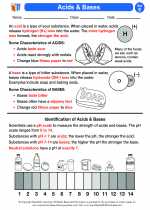 Acids and Bases
Acids and Bases  Worksheet/Answer key
Worksheet/Answer key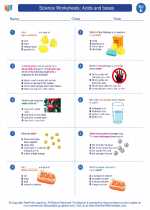 Acids and bases
Acids and bases  Worksheet/Answer key
Worksheet/Answer key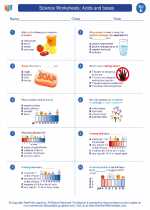 Acids and bases
Acids and bases  Worksheet/Answer key
Worksheet/Answer key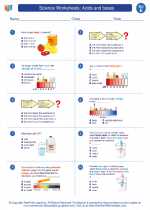 Acids and bases
Acids and bases  Worksheet/Answer key
Worksheet/Answer key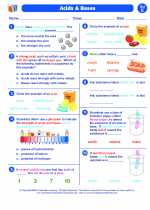 Acids and bases
Acids and bases  Vocabulary/Answer key
Vocabulary/Answer key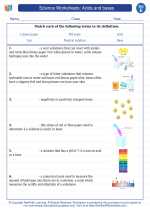 Acids and bases
Acids and bases  Vocabulary/Answer key
Vocabulary/Answer key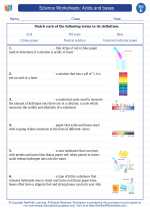 Science Worksheets: Acids and bases
Science Worksheets: Acids and bases 

 Activity Lesson
Activity Lesson
 Worksheet/Answer key
Worksheet/Answer key
 Worksheet/Answer key
Worksheet/Answer key
 Worksheet/Answer key
Worksheet/Answer key
 Worksheet/Answer key
Worksheet/Answer key
 Vocabulary/Answer key
Vocabulary/Answer key
 Vocabulary/Answer key
Vocabulary/Answer key

The resources above cover the following skills:
PHYSICAL SCIENCE
Matter and Its Interactions
Students who demonstrate understanding can:
Make observations and measurements to identify materials based on their properties.